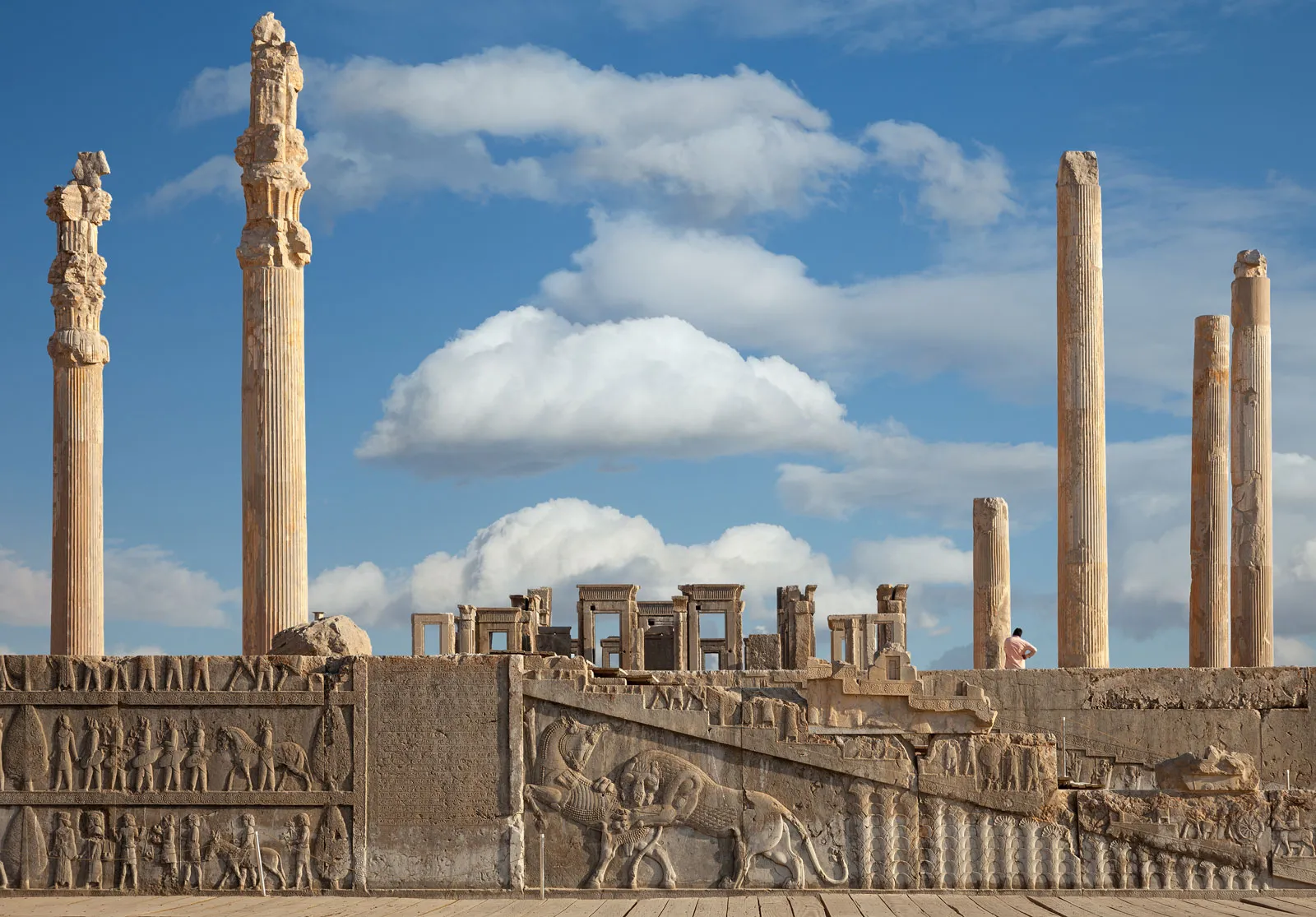While the attention of the Iranian media is focused on the discussions that followed Zarif’s presence in Davos, analysts and experts focus their attention on Khamenei’s words yesterday which are interpreted as having given the green light for negotiations with Trump.
Not all political circles interpret Khamenei’s words in the same way. Websites close to the Pasdaran like Fars and Tasnim interpret Khamenei’s words as contrary to the talks with the Americans.
There is also a difference of opinion on Zarif. The radical and extremist circles are calling for severe measures against the Vice-President, some even calling for his arrest.
The controversy against Zarif seems limited and circumscribed, however (today in Isfahan there were only 17 people at the public protest as reported by the Iranian media).
Worth remembering that even Ghalibaf, who supports Pezeshkian, has expressed criticism in relations to the official position of Zarif.
However, there is a general consensus among the analysts over the fact that Khamenei supported the appointment of Zarif, who, it should be remembered, wanted to resign at a certain point, but was convinced by the highest authorities of the country to stay. Many believe that it was Khamenei himself who wanted Zarif to be part of the government. Exactly to perform the functions that we have seen in these days. That is, to pave the way for the talks with Trump, and to highlight the iranian stances to the foreign audience, especially the americans.
On the international level, it should be said that Zarif enjoys a very wide consensus even outside of Iranian circles and is respected by important US political authorities and even some Israeli commentators have appreciated his qualities of effective mediator on the occasion of the negotiations leading to the 2015 JCPOA. So, the expectation is, as long as the perspective of the talks are real, Zarif will likely continue in his role, despite the protests of the hardliners. Especially because if the talks start, Zarif will be the the key figure to convey iranian points and messages to the americans.
